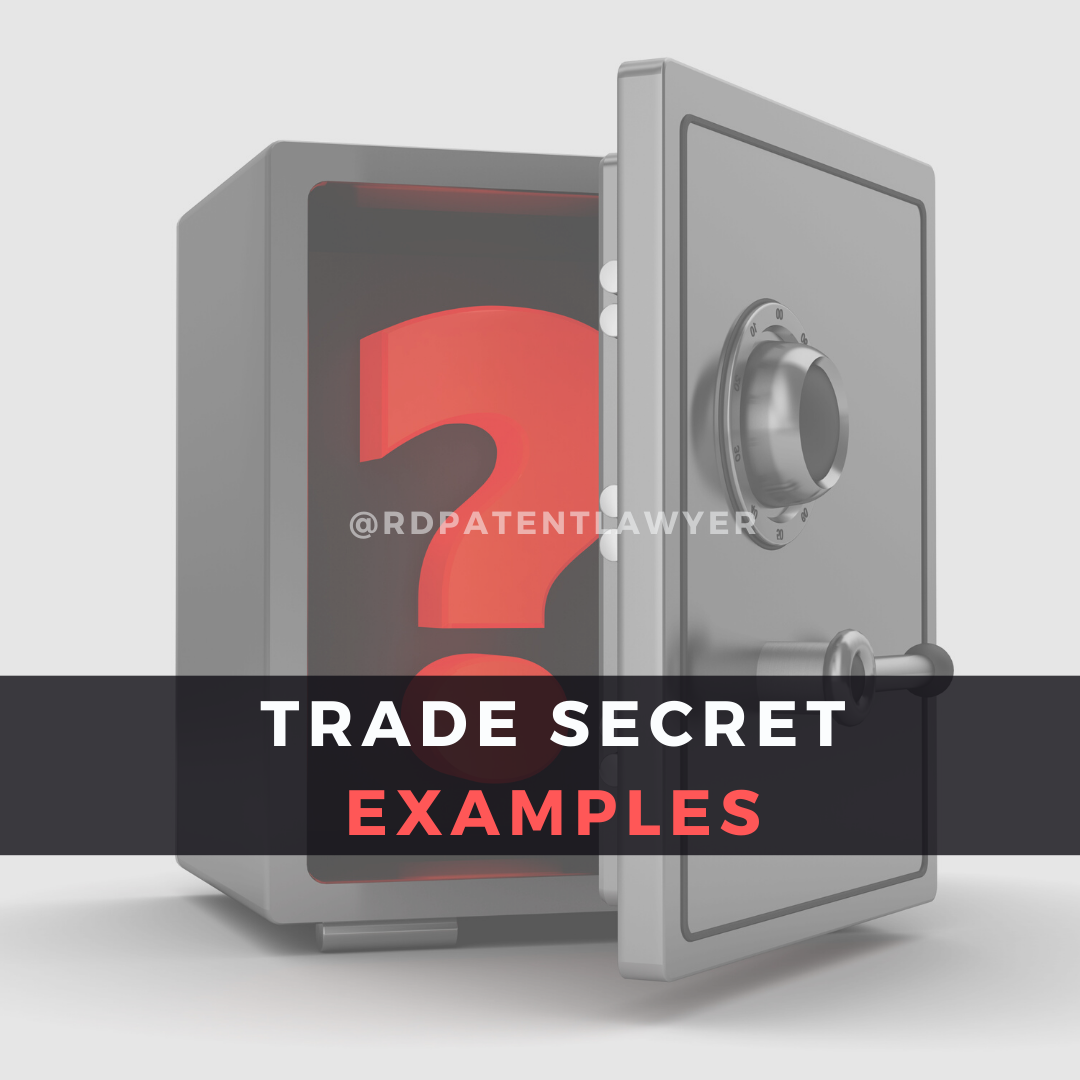

The Coca-Cola Company had decided to keep their recipe as a Trade Secret instead of patenting it as patenting might cause the disclosure of the recipe.
It was also told that one of the ingredients of the recipe might be Cocaine. Another rumor about it was that the recipe might contain bugs or insects. All these defaming rumors were also reasons for Coca-Cola to keep their recipe secret.
In 2006, one employee along with two companions stole the formula and tried to sell it to Pepsi but Pepsi got them arrested.
Internet surfing seems to be almost impossible without using Google products. Especially the Google search engine is our greatest weapon against all our shortage of information problems.
Google developed the most convenient search engine with the help of a secret search algorithm and they continuously refine or develop it but they never reveal their secret algorithm.
So, that secret search algorithm is the greatest Trade Secret of Google for becoming the most popular search engine in the world.
Our favorite KFC also has its secret recipe which is used to fill our minds with the pleasure of good taste. The main secret location of this recipe is mainly in Colonel Sander’s head but he has written it down too and has kept it in a safe in Kentucky.
Though a few selected employees know the recipe they are bound by a confidentiality agreement. So, that recipe is considered a great Trade Secret of KFC.
Not all Trade secrets are related to food. For making it easier to grip new baseball, the rubbing mud was developed to dull the surface of the balls. Though it has been informed to people that the rubbing mud comes from public land but it comes from only one place which is intelligently kept secret to common people.
So, this is also a great example of a Trade secret.
The New York Times has a secret strategy to analyze the sales figures collected from the chain and independent book stores to decide their bestseller list. For that sometimes the books having the fewer copies sold, make their place in the bestseller list.
As it is their Trade secret, their employees just say it’s about “official” and “unofficial” bestsellers, without disclosing their secret strategy.
Companies protect their trade secrets to gain business advantage through stringent contracts and agreements. Protection of trade secrets includes a nonpublic information that has been developed by the protected parties. In terms of business strategy, Economic Espionage refers to the unauthorized theft of a trade secret knowing or intending that the act will benefit any nation, foreign entity, or instrumentality. This includes, but is not limited to, trade secrets found on, or transmitted by, any wire or electronic communication, records, papers, or documents of a protected person. Economic espionage is a violation of the law and can be punished as vigorously and as severely as any other crime.
Protecting business interests is the primary reason behind sharing intellectual property rights; however, there are many situations where confidential information must be protected. One such situation includes the marketing and promotion of new products and services. It is not uncommon for large corporations to consult with a marketing firm to obtain confidential information regarding a prospective product line before actual implementation. In instances such as these, it is often reasonable for the parties to share their confidential information in order to ensure the success of the marketing plan.
Protection of trade secrets is a matter of national security and should be a high priority on the agendas of all businesses. The economic consequences of stealing trade secrets can be disastrous to any business, as well as to the national economy. Any trade secret that is stolen can harm a business and its ability to compete. Also, damages that result from the illegal release of trade secrets can result in substantial fines and a loss of business. Therefore, when any type of information is taken or stolen in violation of law, businesses must take reasonable steps to protect their information.
Our team of advanced patent attorneys assists clients with patent searches, drafting patent applications, and patent (intellectual property) agreements, including licensing and non-disclosure agreements. Advocate Rahul Dev is a Patent Attorney & International Business Lawyer practicing Technology, Intellectual Property & Corporate Laws. He is reachable at rd (at) patentbusinesslawyer (dot) com & @rdpatentlawyer on Twitter.
Quoted in and contributed to 50+ national & international publications (Bloomberg, FirstPost, SwissInfo, Outlook Money, Yahoo News, Times of India, Economic Times, Business Standard, Quartz, Global Legal Post, International Bar Association, LawAsia, BioSpectrum Asia, Digital News Asia, e27, Leaders Speak, Entrepreneur India, VCCircle, AutoTech).
Regularly invited to speak at international & national platforms (conferences, TV channels, seminars, corporate trainings, government workshops) on technology, patents, business strategy, legal developments, leadership & management.
Working closely with patent attorneys along with international law firms with significant experience with lawyers in Asia Pacific providing services to clients in US and Europe. Flagship services include international patent and trademark filings, patent services in India and global patent consulting services.
Global Blockchain Lawyers (www.GlobalBlockchainLawyers.com) is a digital platform to discuss legal issues, latest technology and legal developments, and applicable laws in the dynamic field of Digital Currency, Blockchain, Bitcoin, Cryptocurrency and raising capital through the sale of tokens or coins (ICO or Initial Coin Offerings).
Blockchain ecosystem in India is evolving at a rapid pace and a proactive legal approach is required by blockchain lawyers in India to understand the complex nature of applicable laws and regulations.



